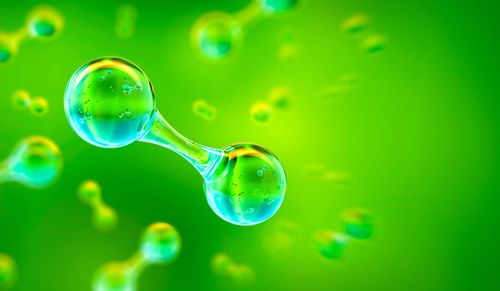Fortescue and Vancouver-based HTEC have signed an MOU to develop offtake opportunities for green hydrogen, according to a news release.
The deal will see Fortescue and HTEC work together to explore building Canada’s first domestic green hydrogen supply chain that is co-located with an export facility in British Columbia.
Fortescue is proposing the development of a green hydrogen and green ammonia production facility in Prince George. An Initial Project Description was filed with the BC Environmental Assessment Office in September 2023.
Under the terms of the MOU, HTEC would offtake green hydrogen from Fortescue’s site to facilitate the growth of the green hydrogen transportation market.
Specific details of the offtake commitments will be defined during the negotiation of definitive agreements and will be subject to the feasibility assessment and final investment decisions of both parties with respect to the production facility and HTEC’s hydrogen fueling station network in BC.
Both parties are working on local market development to maximize the domestic emissions reduction potential of the project. That work is aimed at securing strategic partnerships with utilities, heavy-industry, fleet operators, vehicle manufacturers, and technology providers.





